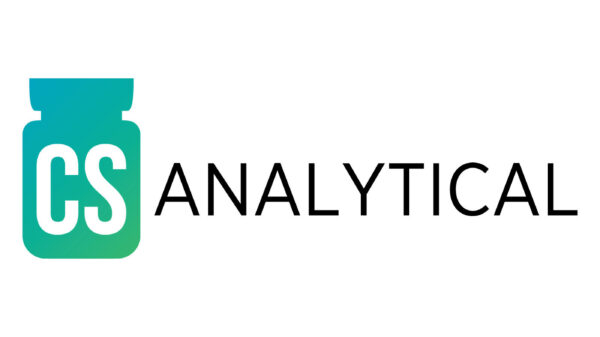The clinical development of the mesothelin-directed T-cell engager ZW171 for treating patients with gynecological, thoracic, and gastrointestinal (GI) cancers has been discontinued, as announced by Zymeworks. This decision follows data from planned cohorts of a phase 1 trial (NCT06523803), which assessed the agent in patients suffering from ovarian cancer and non-small cell lung cancer (NSCLC). Zymeworks concluded that the findings did not support an acceptable risk-benefit profile for ZW171 as a standalone treatment.
Patients currently enrolled in the study will have the option to continue receiving ZW171 at the discretion of their investigators. Those who have already discontinued therapy will still be monitored as part of the study’s safety follow-up.
Kenneth Galbraith, chair and chief executive officer of Zymeworks, expressed disappointment over the outcome but thanked participants for their involvement. “While this is a disappointing outcome given the promising preclinical activity observed with ZW171, we are deeply grateful to the patients, providers, and caregivers for their support and participation in the ZW171 phase 1 study,” he stated.
Background on ZW171 and the Clinical Trial
Researchers had targeted mesothelin, a glycoprotein that is overexpressed in various tumor types, with the hope of enhancing treatment efficacy and safety. In preclinical studies, ZW171 demonstrated the ability to significantly kill mesothelin-overexpressing target cells and stimulate T-cell activation.
The open-label, multicenter phase 1 study aimed to enroll patients aged 18 years and older with pathologically confirmed, locally advanced unresectable, and/or metastatic mesothelin-expressing cancers. Eligible patients included those whose malignancies were resistant to all available standard-of-care treatments or those without any available SOC options. Participation was also open to patients unable to tolerate or who refused SOC therapy.
Participants had to meet several key inclusion criteria, including an Eastern Cooperative Oncology Group (ECOG) performance status of 0 or 1, adequate organ function, and a left ventricular ejection fraction of at least 50%. Notably, the study excluded patients with prior allogenic tissue or solid organ transplantation within five years of enrollment, those experiencing ongoing significant toxicity from prior treatments, and individuals with certain uncontrolled medical conditions.
Study Design and Findings
All patients received ZW171 in a dose-escalation manner. The primary endpoints for parts 1 and 2 of the study included safety assessments, focusing on the incidence of dose-limiting toxicities, cytokine release syndrome, and immune effector cell–associated neurotoxicity syndrome. In part 2, the objective response rate (ORR) served as a primary endpoint, with additional secondary endpoints encompassing duration of response, progression-free survival, disease control rate, overall survival, and pharmacokinetics.
Zymeworks remains committed to advancing its broader product pipeline, including the ongoing phase 1 trial of ZW191 and the initiation of a phase 1 study for ZW251, expected to begin in 2025. Additionally, the company is preparing an investigational new drug filing for ZW209, a DLL3-directed trispecific T-cell engager, which is planned for the first half of 2026.
The discontinuation of ZW171 marks a significant pivot for Zymeworks, underscoring the challenges inherent in the development of novel cancer therapies. As clinical trials evolve, the focus will shift toward candidates with the most promising outcomes for patients.
































































